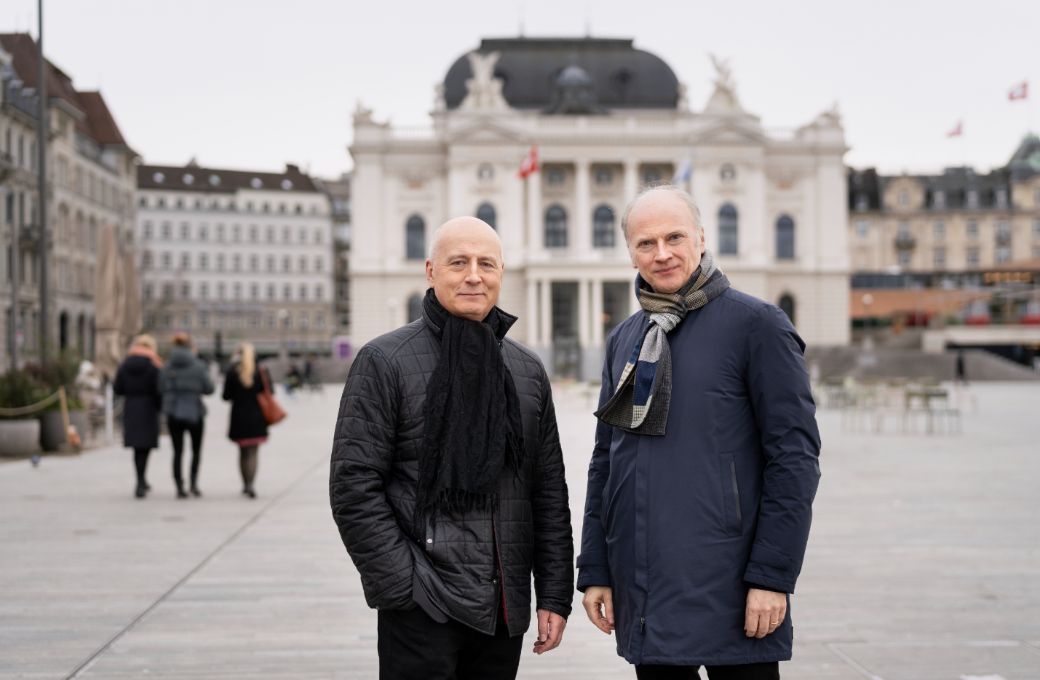Having lived by the Lake of Lucerne in the 1930s, the Russian composer, virtuoso pianist and conductor Sergei Rachmaninov (1873-1943) had a special connection to Switzerland. Marking his forthcoming 150th anniversary, Zurich’s two fine orchestras – the Tonhalle-Orchester Zürich and the Philharmonia Zürich – recently launched a four-concert tribute to the great Russian composer in their respective music halls, the Tonhalle and the Opernhaus. Principal conductors Paavo Järvi and Gianandrea Noseda conduct both orchestras in both venues, convinced, as Järvi said, that such a cycle “shows there are no barriers between the two institutions” and can capitalise on the remarkable talents of both.

Under Noseda, Rachmaninov’s spirited and highly demanding Piano Concerto no. 3 in D minor was first on the launch concert’s programme, featuring the great American-Israeli pianist, Yefim Bronfman. The work’s simple, melodic start and easy fluidity hardly heralded the weighty power yet to come. Rachmaninov’s intention for the Third, which the composer himself premiered in New York in 1909, was that “it should sing, as a singer sings,” and while it pays tribute to Russian church music, it ultimately breaks up their tonalities, offering a whole narrative. But it also pulls hard on the heart strings, which then, as now, secured Hollywood’s keen interest in using Rachmaninov’s scores in conjunction with film.
Bronfman was in complete command of the concerto’s mood swings and monumental demands, giving a high-spirited rendition of this majestic work. At the very start, he seemed to take the piece a tad faster than Noseda had in mind, but that quickly resolved itself. His fingerwork was secure, his interpretation highly evocative, and his solo in the second movement verged on what I noted as simply “celestial”. Rachmaninov’s own contention that “the piece simply wrote itself” is hard to imagine, given its dense complexity, but Bronfman was able to capitalise on its nostalgic fluidity and heart-breaking passages in a way that simply mesmerised the house.
Second on the programme was Rachmaninov’s demanding, but less-seldom performed, choral symphony, The Bells, which featured full orchestra, choir and three fine soloists: soprano Elena Stikhina, tenor Sergei Skorokhodov and baritone Alexey Markov. Rachmaninov once reflected that bells accompany Russians “from the time of their youth through to the grave” and considered bell-ringing “the sound of the Russia I know.” As such, the work shows a fair degree of sentimentality, but it’s also marked by sudden changes in tempo and moods, and pulls out all the stops to make a mammoth construction.
For this performance, Zurich’s deep opera house stage supported some 180 players and chorus, as many as I’ve ever seen on this stage. The sound was monumental in itself; at one point, one of the percussionists near the choir even had to put a hand over his right ear. That said, all gave a pointedly secure performance, Noseda demonstrative and athletic on the podium.


